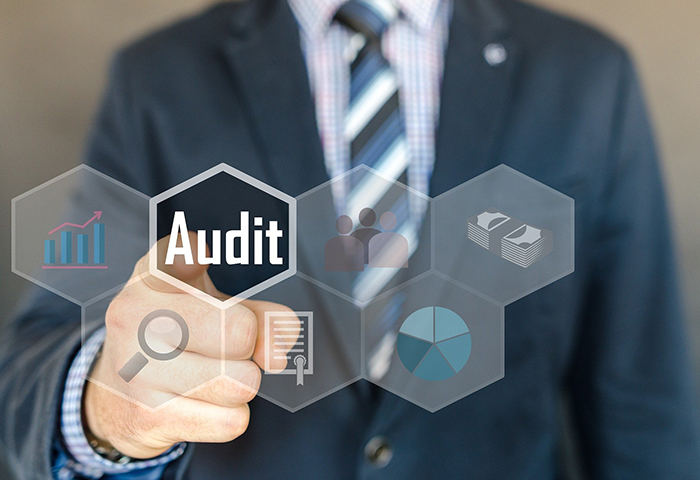What E-invoice Mandate Means for Businesses?

Tags: e-invoicing, e-invoicing 2020
CBIC India officially posted a press release on their Twitter this 30th September 2020 mandating the e-invoicing process for businesses with an aggregated turnover of ₹500 cr and above. Since then, there has been a considerable uproar among big companies. Although the e-invoicing system hasn’t been mandated for companies below the recommended turnover, the government claims that it will be mandated for all B2B companies by 2021.
Unify is proud to say that we are ahead of time. Even before the government declared the mandate, we started creating awareness about the internal benefits of e-invoicing. Now that it’s official, we would like to extend our knowledge to our clients and everyone else out there.
To start with, e-invoicing 2020 is set to eliminate many discrepancies in the contemporary invoicing system. This will, therefore elevate good business relationships. But what’s in it for you? Read on to know before we implement it in our processes too.
1. Standardised E-invoicing System for Everyone
Until now, businesses followed their systems for contemporary invoicing, which resulted in a myriad of manual discrepancies in terms of GST filing. Since the government identified the glitch, they have come up with a way to help companies prepare and evolve better. The government has not only declared e-invoicing for companies but is also willing to help in the process. The government has proposed a standardised e-invoicing system for all businesses. Businesses will now authenticate and generate electronic invoices through the GST reporting platform of the Indian GST authorities.

2. Tax Evasion Control and Stronger Audit Trails
In continuation of the earlier point, a standardised electronic invoicing method through GST reporting platform eliminates any potential frauds. Since authentic data is always available on the government portal, there is no room for fraudulent practices. Thus, tax evasion, which usually occurs due to commercial disputes, can be controlled easily. Additionally, proper e-invoicing also sets a straight record for strong audits. With no errors in invoices on both sides - the vendor and the client, and original records fed in authentic government portal, audits are more robust and straight-forward.

3. Direct Impact on Input Tax Credit (ITC)
E-invoicing will directly impact ITC (Input Tax Credit). The impact can be considered a good one since it reduces the hassle of filing different tax returns for busy businesses. This considerably benefits the GSTR-1 data without any to and fro. In simpler words, the data for GSTR-1 auto-populates from the e-invoicing data on the government portal. Furthermore, due to accurate and error-free data in the GSTR-1 of the supplier, the data further auto-populates to GSTR-2A of the recipient. This entire automated process ultimately assures better reconciliation and transparency throughout the purchase cycle. However, one vital aspect to remember in this entire process is to ensure your IRN (Invoice Reference Number) that affirms your genuineness in the transaction.
4. Smoothened E-invoicing & Further Process
Contrary to contemporary invoicing, the process of e-invoicing doesn’t involve much participation. After uploading mandatory information on the IRP (Invoice Registration Portal), the platform generates IRN, checks any limitations, digital signatures, and generates a QR code. This enables the supplier to view and print the invoice for physical reference if required. For the buyer to get the QR code to view and print the invoice, the data goes to the GST system and the e-way bill system to generate an e-way bill. This then enables the buyer to print the invoice and save for further reference.
5. Widely Enhanced Business Process
With an introduction of e-invoicing, business processes are automatically enhanced. Companies already using accounting software for storing their invoices electronically, will be able to build better relationships with their financial institutions or auditors. The reason being, many steps are either eliminated or eased up for them. For instance, rather than converting invoice format for audits, they can now directly access data from the government portal and carry out audits.
It might seem like a big task for businesses to get accustomed to government-mandated e-invoicing, but in the end, it will all be in favour of companies like us. Being one of the straight-forward Facility Management Organisations in India, Unify doesn’t just think for client’s facility needs. Unify Facility Management also ensures that the internal operations of our clients run smoothly along with ours. So, considering all the above points, we aren’t far behind in the process of implementing e-invoicing into our processes. We bet that after reading this, you would want to be a part of it too.
